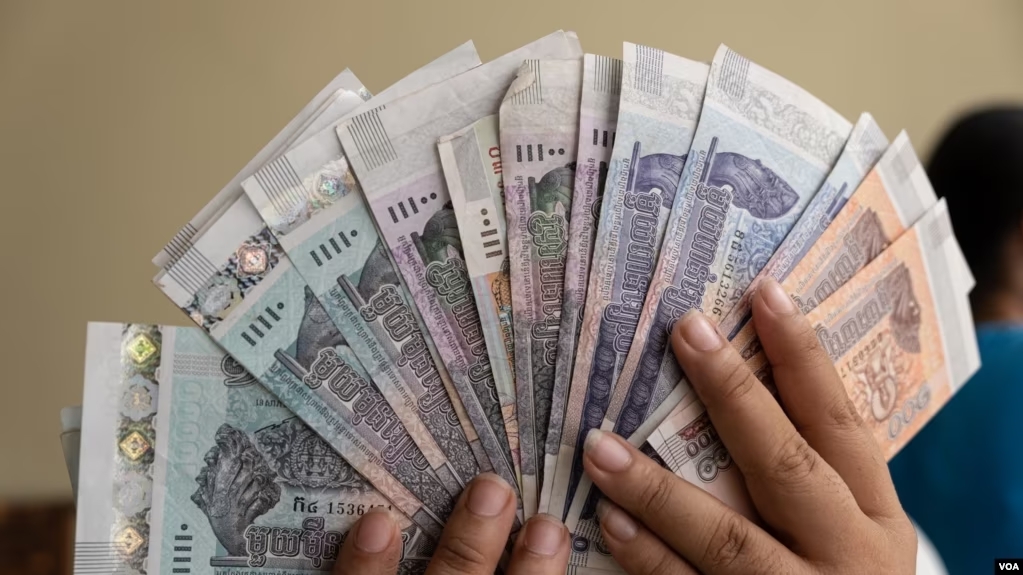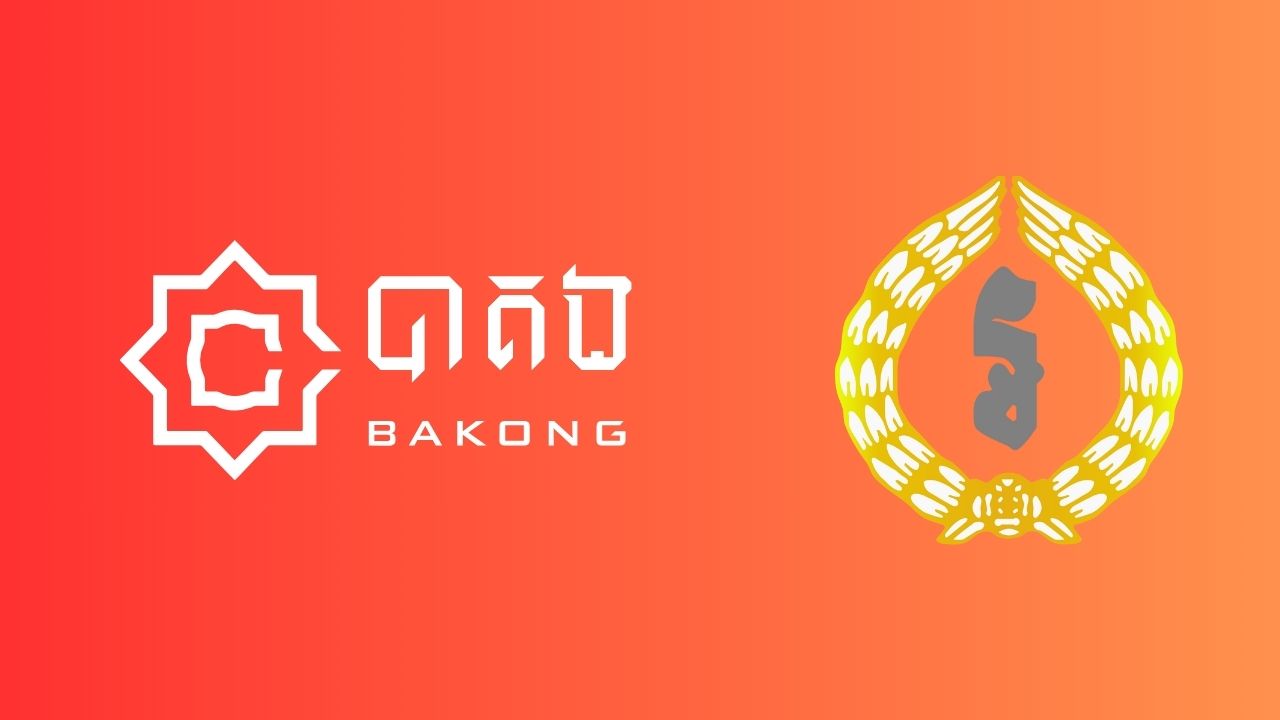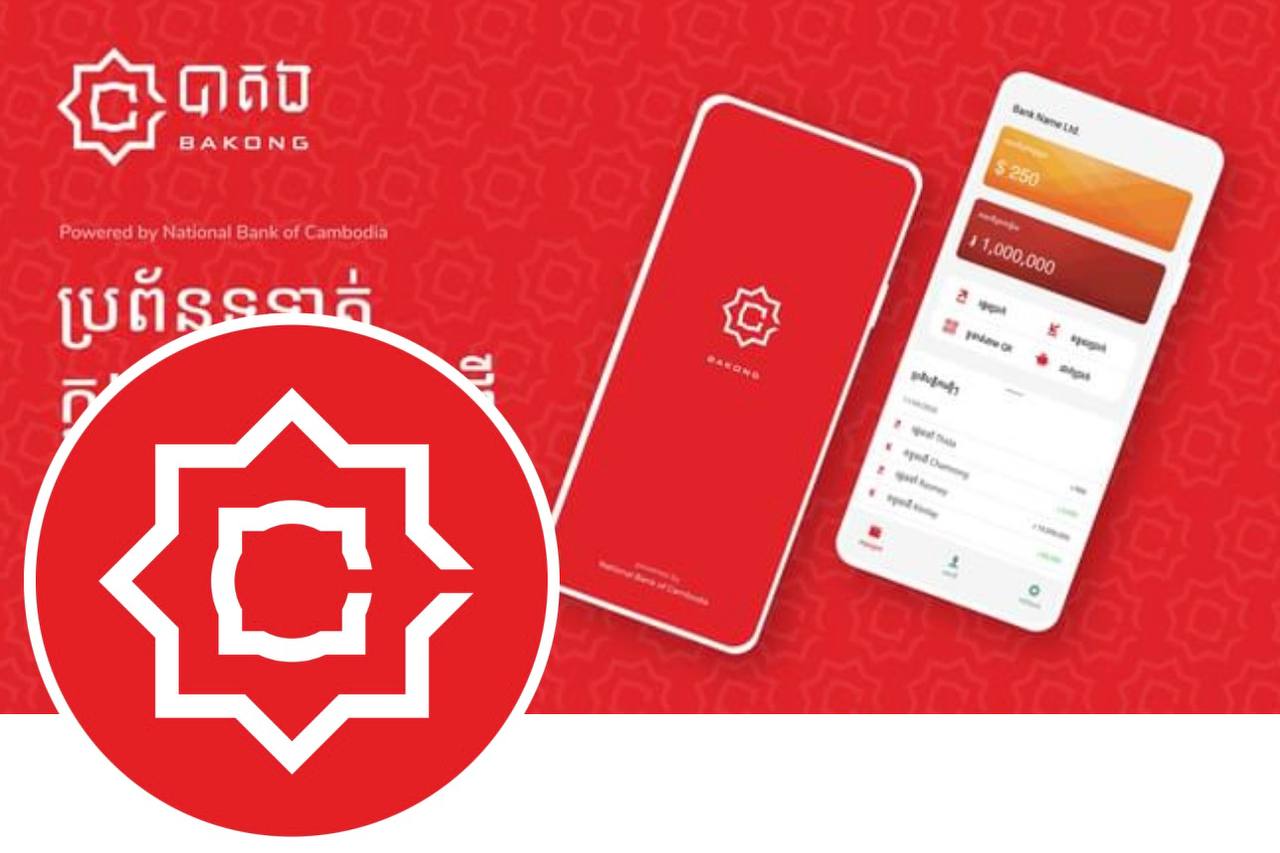Latest News & Blog
-
Promoting Wider Usage of the Cambodian Riel
Mr. Yim Leat, Deputy Governor of the National Bank of Cambodia (NBC), called upon civil servants, citizens, and students in…
-
RHB Bank Pledges to Grow its Presence in Cambodia
RHB Banking Group, a major Malaysian bank, has stated its firm commitment to making its presence in Cambodia even stronger…
-
Improving Healthcare for Everyone in Cambodia
Cambodia’s Minister of Health, Professor Chheang Ra, met with Ms. Mariam Sherman, the World Bank’s representative for Cambodia, Laos, and…
-
Making Payments Easier Between Cambodia and China
The National Bank of Cambodia (NBC) and TenPay Global (which runs Weixin Pay/WeChat Pay in China) have teamed up to…
-
Making Payments Easier Between Singapore and Cambodia
Singapore and Cambodia are making a big step to improve how people pay for things across the ASEAN region. They…
-
BAKONG and NBC: Why Central Bank Oversight Matters for Digital Payments
In the rapidly evolving world of digital finance, trust is the ultimate currency. Platforms come and go, but stability remains…
-
BAKONG Explained: The Ultimate Guide to Cambodia’s National Digital Payment System, Blockchain, and the Future of the Riel
The global financial landscape is constantly reshaped by technological innovation, but few countries have embraced this change as fundamentally as…
-
ARDB Chief Visits Moo Moo Farms, Urges Strategy to Boost Local Dairy Production
Phnom Penh: Dr. Kao Thach, Delegate of the Royal Government in charge as Director General of the Rural Development and…
-
Digital Banking vs. Traditional Banking: Your Ultimate Guide to the Future of Finance 🏦
The world of banking is undergoing a profound transformation. For centuries, the corner bank branch was the central hub of…








